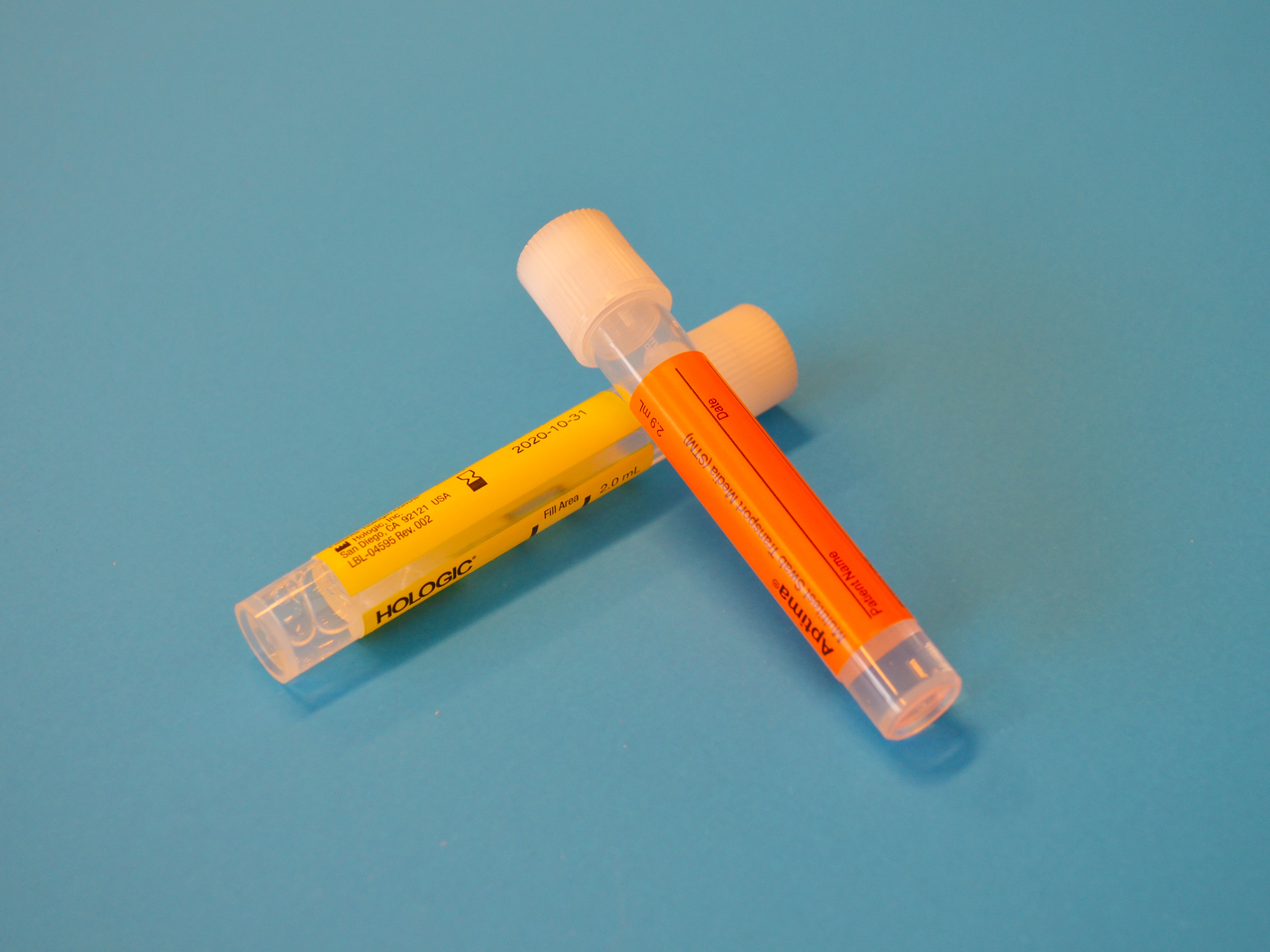The short answer is “yes,” but only as long as you don’t use it to cheat on a drug test.
Many things can go wrong when leveling up at a certain point in your career. One of these things is a failed drug test. As different institutions require drug tests for employment purposes, the choice of synthetic urine as a solution has grown in popularity over the years.
The most common reason people use synthetic urine is that they have failed a drug test in the past and are trying to avoid being fired from their job or losing custody of their children (or even going to jail). People also use it to pass random drug tests at work or school without worrying about getting caught using real pee.
You may have heard of Quick Fix Synthetic urine from people who have used it to pass their drug tests. Although they don’t operate secretly, there are questions surrounding the legality of synthetic urine. If you’re wondering whether or not synthetic urine is legal, this article discusses it for you. It explains what synthetic urine is and whether or not it’s legal.
What is Synthetic Urine, and What Are Its Components?
Synthetic urine is a fake pee formula used to trick drug tests, often because the user worries about failing their test and losing their job. Because it looks and smells like real urine, synthetic urine can be used to pass a drug test without being detected. It has similar chemical components and pH levels as real pee, so it fools the test into thinking you’re clean when you might not be.
This urine is a lab-produced substance used to pass drug tests and prove negative results. It contains all the ingredients for a clean test, but it’s not from humans. Synthetic urine can be bought online or from a store, but it must be refrigerated to keep the ingredients stable if you’re not using it immediately.
The composition of synthetic urine is a complex mixture of chemicals, salts, and other compounds that mimic the chemical makeup of human urine. This includes urea (a substance that forms when our bodies break down protein), creatine (a substance found in muscle tissue), and uric acid (the byproduct of metabolism). In addition to these compounds, synthetic urine contains water and additives that help it mimic real human urine as closely as possible.
Synthetic urine is used as a substitute for human bodily fluids because it contains the same pH level, osmolality, and specific gravity as the real thing. This allows scientists to test their equipment without worrying about any anomalies caused by using real human urine. Many companies sell synthetic urine, like Quick Fix 6.3, because it’s essential in medical research and testing procedures.
Is Synthetic Urine Legal?

There’s no federal law that bans its use or sale. However, some states have the following restrictions in place:
- You cannot use synthetic urine as a weapon (i.e., you cannot use it to harm someone).
- You cannot use synthetic urine to try to hurt another person or their property.
- If you’re under 18 and using synthetic urine to pass a drug test, your parents must know about it.
Synthetic urine is legal in the United States, as long as you use it for a legitimate purpose, and cheating on your drug test is not a legitimate purpose. Eighteen states states have made the manufacturing, delivery, use, or sale of synthetic urine to falsify drug tests illegal. It is also used to help test for drug and alcohol use.
Manufacturers of synthetic urine can operate as a legal business in the United States. Although there are some restrictions on the sale of synthetic urine, it is generally legal to sell it to nongovernment entities as long as you do not make any claims about its use or functionality. While it’s true that there are some laws and regulations against the manufacturing and distribution of synthetic urine, these laws don’t apply to companies that manufacture synthetic urine for personal use. Frankly, several companies sell kits for use by people who need to pass a drug test but aren’t able to stop using drugs for long enough to cleanse their system naturally.
Conclusion
The market for synthetic urine is expanding rapidly due to its increasing demand for use in drug tests for employers, government agencies, and other organizations that require drug testing. Although its use has become widespread because it provides an easy, cost-effective way to cheat on a drug test, you must know the laws that govern its use in your state. This will help you avoid legal issues regarding the use of synthetic urine.


Join the conversation!